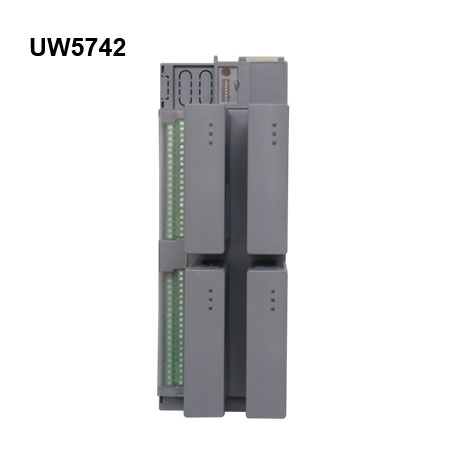A Distributed Control System (DCS) is an automation system used in various industries to control processes and operations in real-time. Unlike traditional control systems, where a central unit manages the entire operation, a DCS utilizes multiple control units distributed across different locations. These units work together to monitor and control the entire system, providing flexibility, reliability, and efficiency in managing complex processes.

In a DCS, control functions are decentralized, meaning that control loops and equipment are managed by controllers placed near the equipment being controlled. These controllers communicate with each other and the central system via networks, sharing data and updates. This structure allows for local decision-making and monitoring, with the central system overseeing and coordinating the overall process. The system continuously collects data from sensors and actuators to ensure everything operates as intended.
There are several reasons why industries prefer Distributed Control Systems:
- Scalability: DCS can be easily expanded by adding more controllers or components without affecting the overall performance.
- Reliability: With a decentralized design, if one controller fails, others can continue functioning, reducing the risk of complete system failure.
- Flexibility: DCS provides flexibility in controlling and monitoring various processes, making it suitable for a wide range of industries.
- Real-time Control: It allows for real-time data processing and control, improving the efficiency and accuracy of operations.
These benefits make DCS an ideal choice for industries such as manufacturing, oil and gas, power plants, and chemical processing.
A typical Distributed Control System consists of several key components:
- Controllers: These are the brains of the system, making decisions based on the data received and sending commands to the equipment.
- Human-Machine Interface (HMI): Provides operators with the interface to monitor and interact with the system, visualizing data and alarms.
- Sensors and Actuators: Sensors collect data from the physical environment, while actuators execute commands based on the control system’s instructions.
- Communication Network: Connects all components of the system, ensuring smooth data transfer and communication between controllers and other devices.
Together, these components enable efficient monitoring, control, and data collection.
DCS enhances process efficiency in various ways:
- Faster Response Times: By decentralizing control, decisions can be made locally, allowing for quicker responses to changes in the system.
- Better Data Collection and Analysis: DCS continuously collects real-time data, enabling better decision-making and predictive maintenance.
- Reduced Downtime: The system’s ability to detect issues and provide automated responses helps prevent equipment failures and reduces unplanned downtime.
- Optimized Performance: By using feedback loops and real-time adjustments, DCS ensures that processes are running at their optimal efficiency.
Overall, the efficiency of operations is significantly improved with DCS, leading to cost savings and better output quality.
Yes, maintaining a Distributed Control System can be easier compared to traditional centralized systems. Since the system is modular, individual components can be upgraded or replaced without disrupting the entire system. Regular software updates, diagnostics, and monitoring tools help identify potential issues before they become major problems. Additionally, the decentralized nature of DCS means that operators can focus on specific areas, simplifying maintenance tasks and troubleshooting.
If you're looking for a high-quality and reliable Distributed Control System, visit our website at www.chuwntek.com. We offer cutting-edge DCS solutions designed to improve your industrial processes. Explore our products and place your order today!
